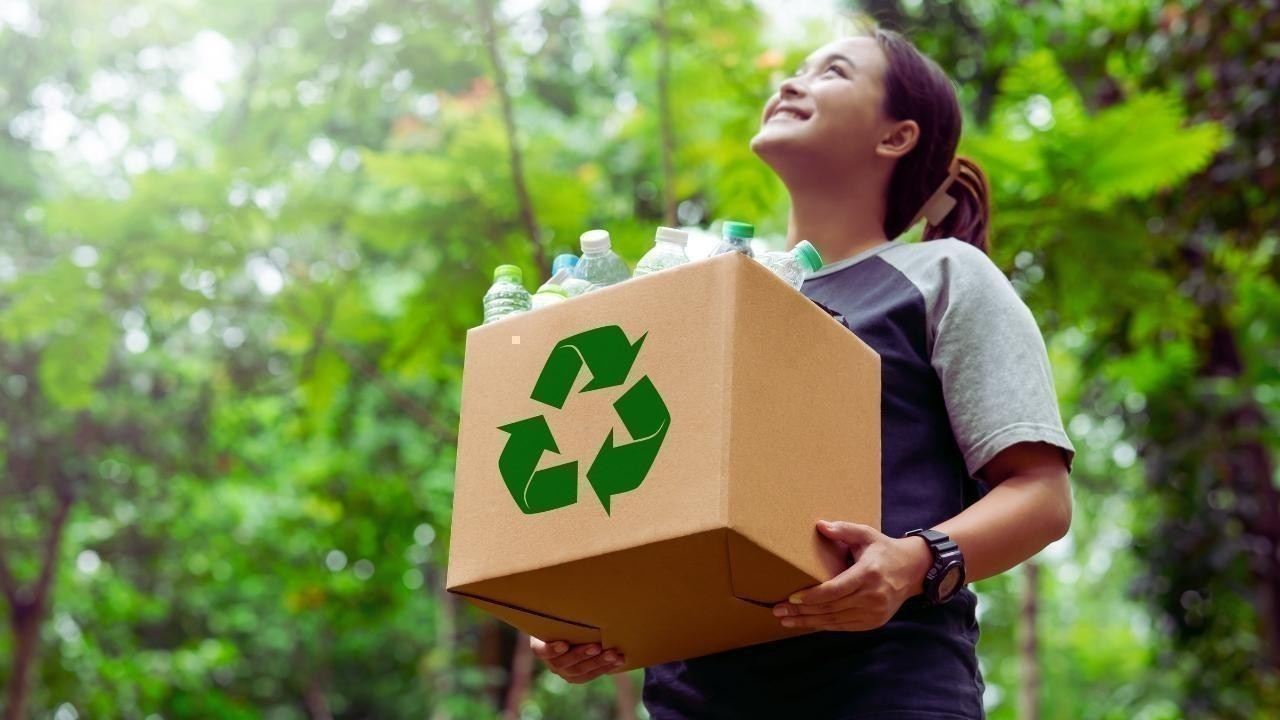
Post by : Anish
Plastic pollution is everywhere — from the deepest oceans to the peaks of Mount Everest. In recent years, the world has woken up to the devastating impact of single-use plastics on marine life, landfills, and even our own health. The result? A rising global movement: zero-waste living.
But going plastic-free for even a week can feel impossible in a world wrapped in packaging. That’s why everyday people from cities like New York, Jakarta, Mumbai, and Nairobi are sharing their journeys online, proving that reducing waste is challenging but achievable — one habit at a time.
Can you really go 30 days without plastic? Let’s explore how real people are doing it — and what you can learn from them.
Before we dive into the lifestyle, it's important to understand the scale of the problem.
Over 380 million tons of plastic are produced every year globally.
Only 9% of plastic ever produced has been recycled.
Single-use plastics (bags, straws, packaging) account for over 50% of plastic waste.
Microplastics have been found in human blood, lungs, and breast milk.
Plastic’s durability — once seen as a benefit — is now its curse. It doesn’t biodegrade but breaks into microfragments that linger for hundreds of years, polluting our water, air, and food systems.
All over the world, individuals have challenged themselves to live without plastic for a full month. Here are a few inspiring stories:
Leila from Canada: A college student who documented her month-long journey on TikTok. She replaced cling wrap with beeswax paper and shampoo bottles with bars. Her audience grew as she shared honest struggles — like finding takeout food not wrapped in plastic.
Nisha from India: Living in Chennai, she created a community compost system in her neighborhood. She now shops only from local vendors using cloth bags and buys oil, grains, and spices from bulk stores.
Tom from the UK: A father of two who challenged his family to avoid all plastic packaging for 30 days. They made their own toothpaste and started using reusable diapers.
Each story reflects not perfection, but persistence. The first week was always the hardest. But by the end of the challenge, most had formed new habits they didn’t want to abandon.
Zero-waste doesn’t mean creating absolutely no waste. It’s about minimizing landfill contributions and choosing reusable, compostable, or recyclable options instead.
Refuse what you don’t need (e.g., freebies, straws)
Reduce what you use (e.g., own fewer things)
Reuse as much as possible
Recycle thoughtfully
Rot (compost) organic waste
It’s more of a mindset than a rulebook — the goal is progress, not perfection.
Here are some practical substitutions people found most helpful:
| Plastic Item | Eco Alternative |
|---|---|
| Plastic bags | Cloth or jute shopping bags |
| Shampoo bottles | Shampoo bars |
| Cling film | Beeswax wraps |
| Toothpaste tubes | Tooth powder in glass jars |
| Disposable cutlery | Stainless steel or bamboo sets |
| Coffee cups | Reusable travel mugs |
| Plastic razors | Safety razors with metal handles |
| Packaged produce | Local market bulk produce |
Most users found that buying in bulk, carrying a reusable kit, and cooking at home were key steps in reducing plastic.
Although it may seem like one person can’t make a difference, small acts compound quickly.
If one family stops buying bottled water, they save thousands of plastic bottles per year.
Swapping out daily grocery bags with reusable ones reduces demand for hundreds of plastic bags annually.
When communities join forces (as seen in Plastic-Free July, a global challenge), millions of people reduce waste together.
Many governments are now backing these efforts:
France and Canada have banned many single-use plastics.
India has restricted plastic bags in many states.
Kenya enforces some of the strictest plastic bag bans in the world.
Of course, the journey isn’t perfect. Here are common hurdles real people faced:
Hidden Plastics – From tea bags to receipts, plastic is in unexpected places.
Affordability – Some eco-friendly options cost more upfront (though they save money long term).
Lack of Access – Bulk stores and eco brands aren’t available in every region.
Social Pressure – It's hard to refuse plastic-wrapped birthday gifts or explain zero-waste choices at a family dinner.
The key takeaway? You don’t need to be perfect — just start with what you can.
Start small: Replace one item a week — like your water bottle or soap.
Pack your kit: A cloth bag, reusable bottle, and tiffin can go a long way.
Plan ahead: Shop in bulk and prep meals to avoid takeout packaging.
Speak up: Ask your favorite brands to reduce packaging.
Track your trash: One week of watching what you throw can open your eyes.
Going plastic-free for 30 days isn’t about being perfect. It’s about being mindful. It’s about realizing that every straw refused, every refillable bottle used, and every cloth bag carried contributes to a healthier planet.
If millions of people made small, imperfect efforts, the impact would be greater than a few people doing it perfectly. So whether you start with a bamboo toothbrush or commit to a whole month, remember: the planet doesn’t need a handful of perfect environmentalists — it needs billions of imperfect ones doing their best.
This article is intended for informational purposes only. Readers are advised to research local regulations, health implications, and brand credibility before making product changes. Newsible Asia does not promote specific brands or commercial products, and encourages readers to prioritize sustainability based on accessibility and affordability.

China Eastern Resumes Shanghai-Delhi Flights After 5 Years
China Eastern Airlines restarts Shanghai-Delhi flights from Nov 9, marking a major step in India-Chi

UAE Triumphs Over Japan to Qualify for T20 World Cup 2026
UAE cricket team secures historic T20 World Cup 2026 spot with a strong win over Japan, marking thei

Fire Erupts at Dhaka Airport Cargo, Flights Temporarily Halted
A massive fire broke out in Dhaka airport's cargo area, halting flights. Firefighters battle blaze;

59 South Koreans Repatriated from Cambodia Over Online Scams
South Korea repatriates 59 nationals from Cambodia linked to online scams amid growing crackdown on

AlUla Marks Heritage Day with Living Traditions Revival
AlUla celebrated Heritage Day, showcasing timeless arts, crafts, and customs to keep its living trad
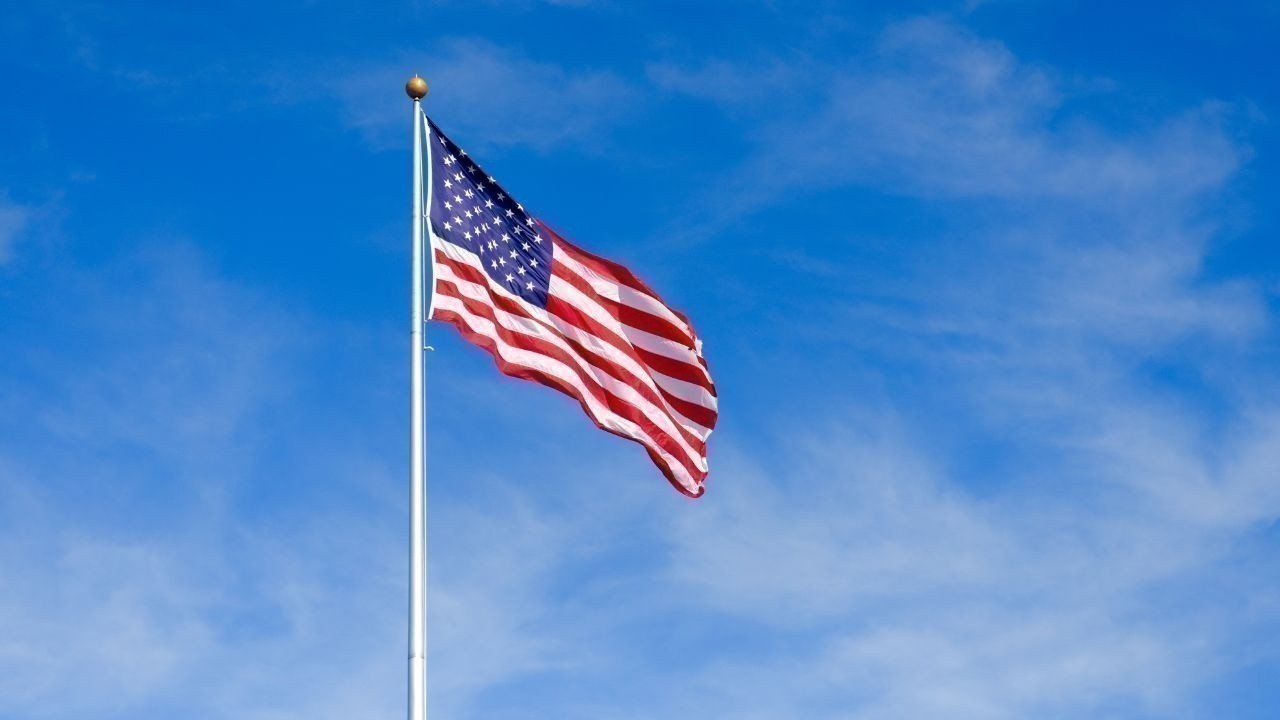
“No Kings” Protests US States Deploy National Guard Ahead of Rallies
National Guard troops activated as “No Kings” protests target Trump policies in over 2,500 US locati
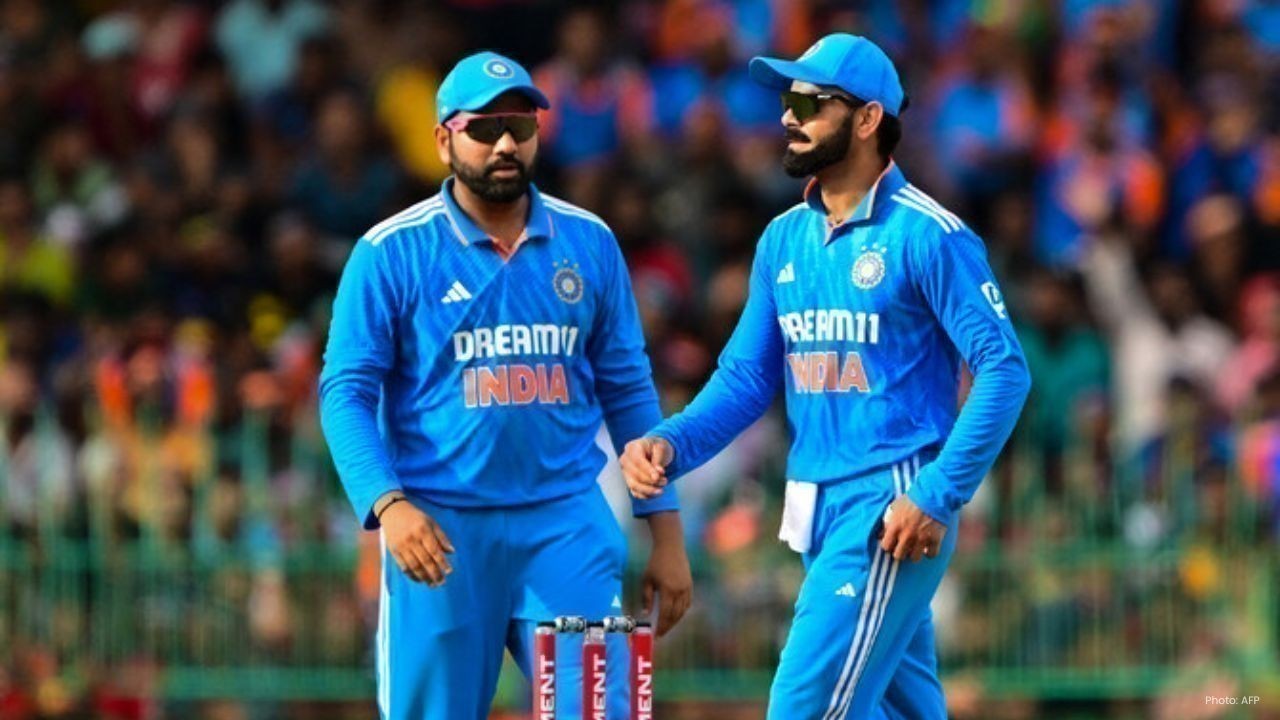
Kohli, Rohit Return as India Gear Up for Australia ODIs
Virat Kohli and Rohit Sharma return to action as India take on Australia in a three-match ODI series

From Street Shawarmas to Sky Dining Dubai’s Food Adventure
Explore Dubai’s food wonders from sizzling street shawarmas to elegant sky dining where every flavo

7 Best International Destinations for Vegetarian Travellers Delicious & Travel Friendly
Discover 7 top international destinations for vegetarian travellers with delicious meals vibrant cul
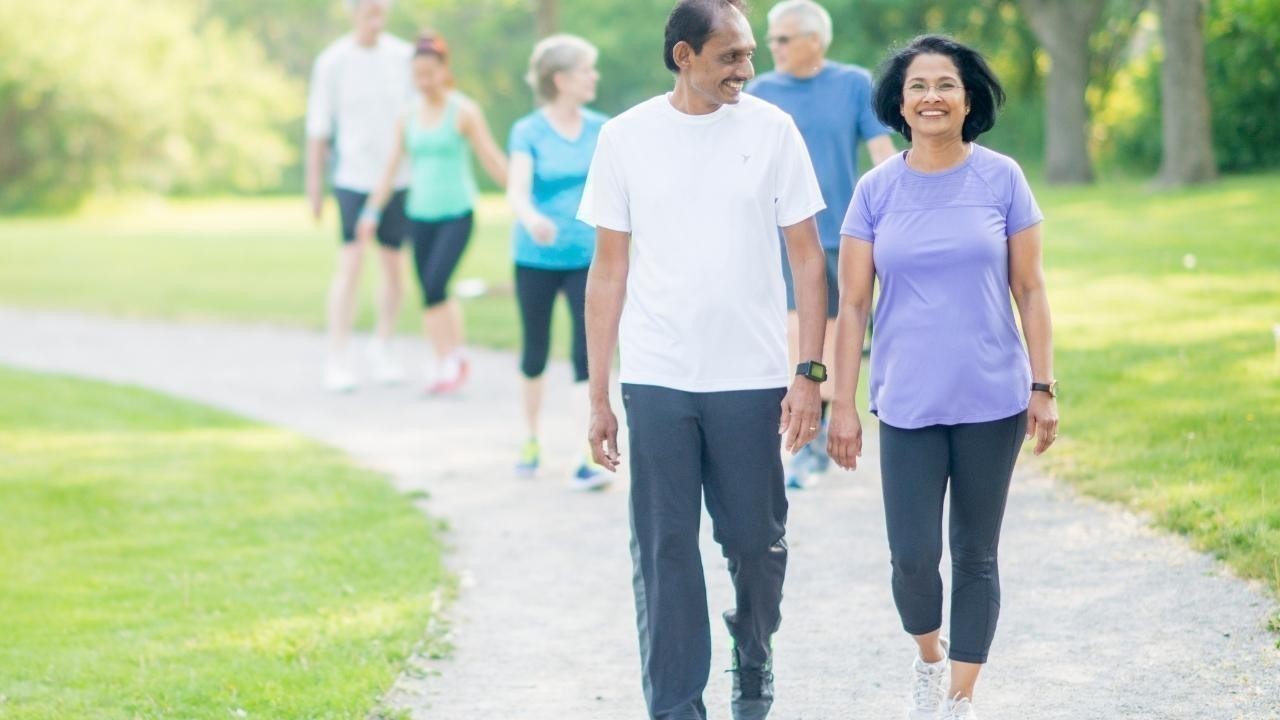
Morning Habits of Highly Successful People Start Your Day the Smart Way
Discover the powerful morning habits of highly successful people and learn how starting your day rig

Beyond the Gym Dubai’s Outdoor Fitness Revolution on Beaches & Skylines
Explore Dubai’s outdoor fitness revolution on beaches and skylines blending health community and sce

AI in Dubai’s Luxury Salons Personalized Skincare Meets Technology
Discover how Dubai’s luxury salons use AI to create personalized skincare routines blending technolo

The $1 Million Secret Dubai’s Luxury Longevity Clinics and Personalized Wellness Revolution
Explore Dubai’s $1M longevity clinics offering luxury high tech treatments and personalized wellness

Pankaj Dheer The Timeless Villain Who Shaped Indian Television
Discover Pankaj Dheer’s legendary journey from iconic villain to timeless TV star inspiring generati
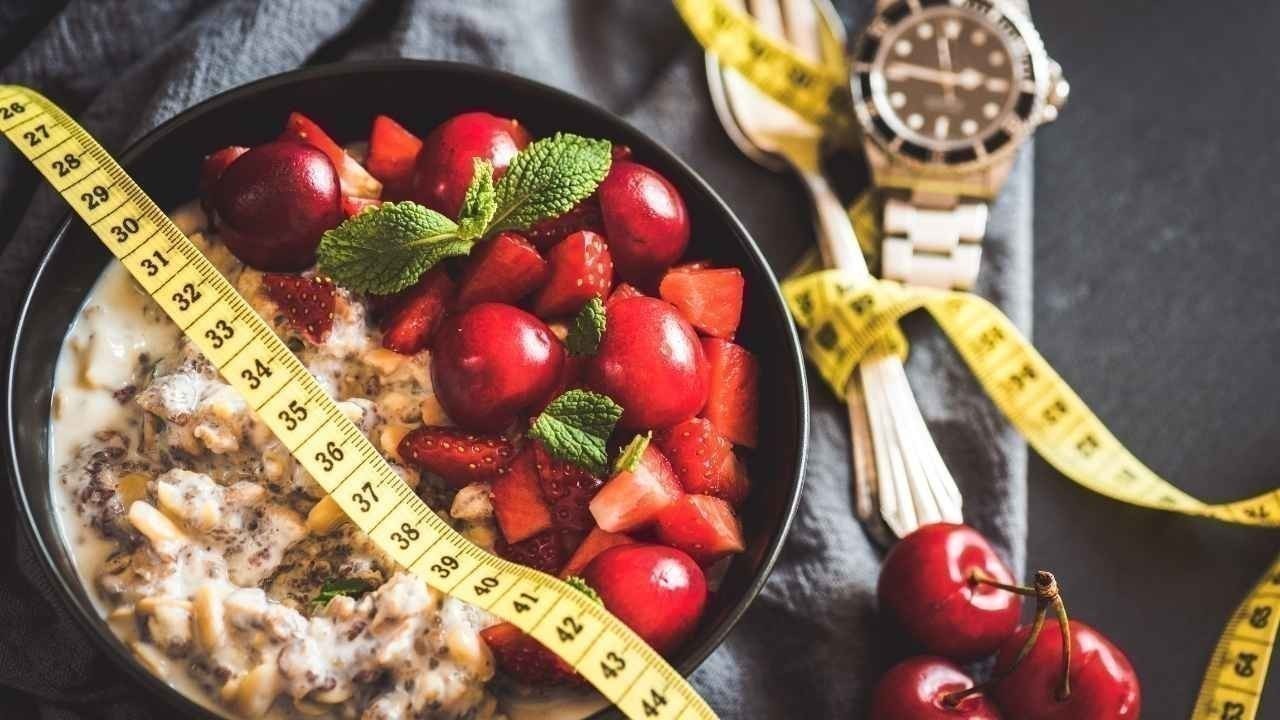
Best Whole Grains for Weight Loss Healthy Nutritious & Easy to Include
Discover the best whole grains for weight loss boost metabolism stay full longer and enjoy healthy n